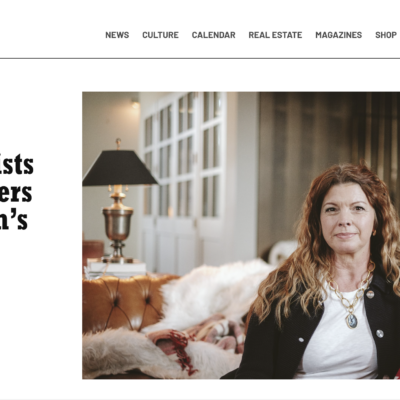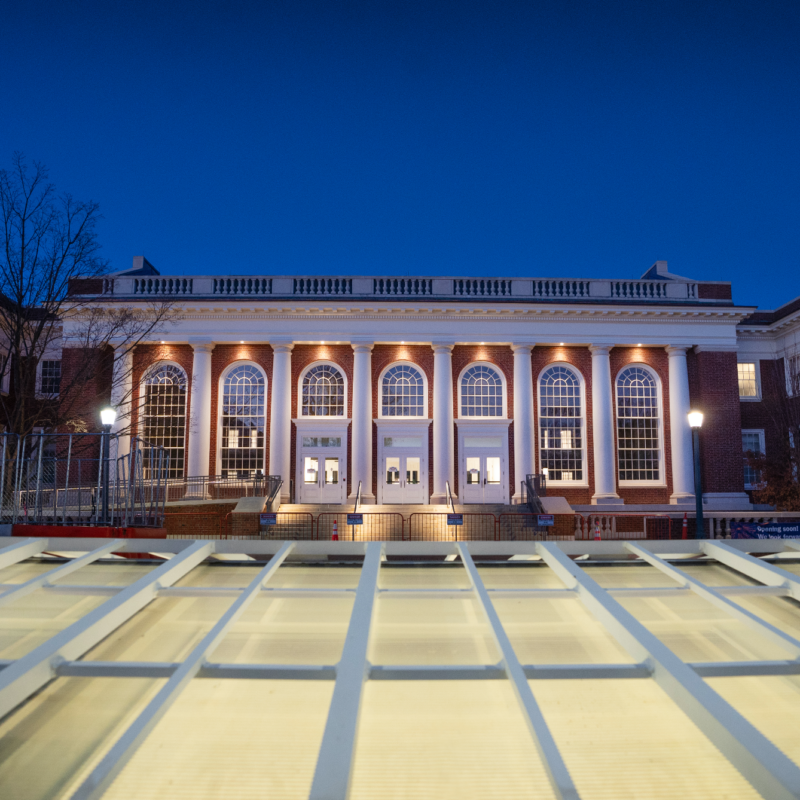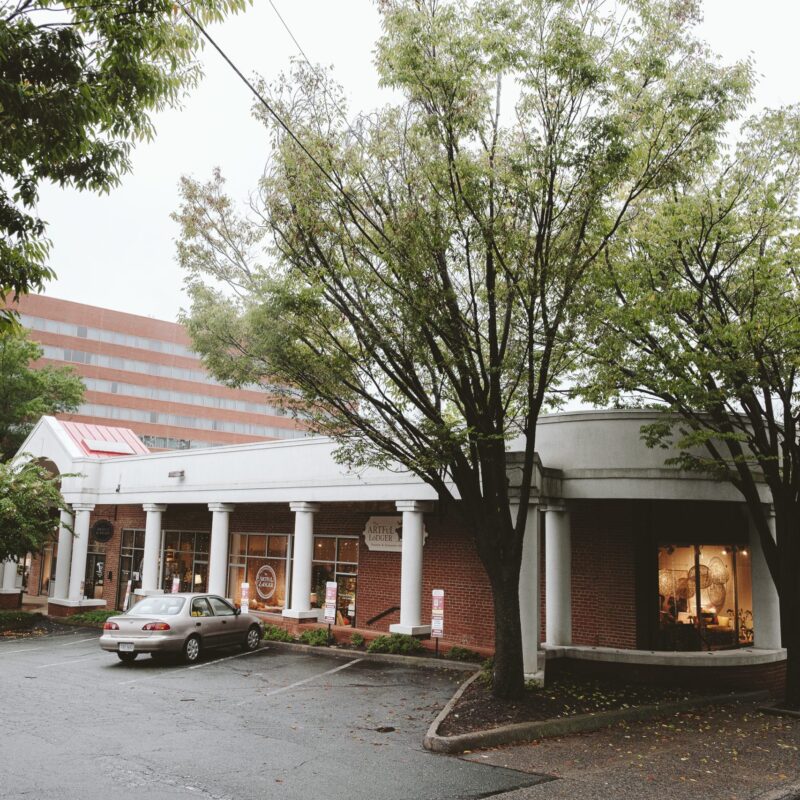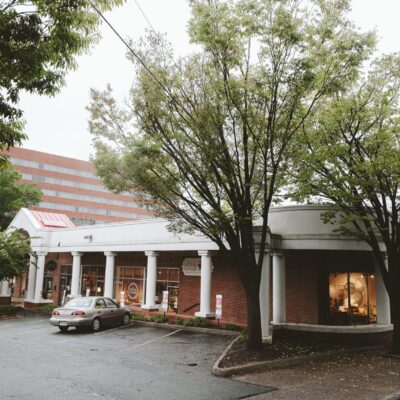|
This 2011 image of the proposed Western Bypass shows the 6.2-mile path laid out for the highway west of Albemarle’s growth areas. |
The plan for the 29 Western Bypass is back on the radar of both the Virginia Department of Transportation and vocal opponents of the 6-mile route as VDOT prepares to select a winning construction bid.
The proposed bypass, initially planned decades ago and shelved and revived several times, is meant to alleviate congestion on and surrounding Route 29 by redirecting some traffic onto a four-lane road that will skirt 14 traffic lights on 29. Now, despite protests from environmental groups, officials say the project is finally about to get the green light. On May 11, VDOT will publicly open the proposals, revealing financial certifications and bonds, but withholding project designs.
On Thursday, May 3, VDOT announced its decision to extend the deadline for submission of the price proposals for the Route 29 Western Bypass to May 7. Seven design-build teams have already submitted technical proposals with detailed engineering plans. Designs that pass muster will then be reviewed for price, and the project will go to the lowest bidder.
VDOT spokesman Lou Hatter said officials are still in the process of reviewing the technical proposals, and offered an extension for bids.
The original price proposal deadline was May 3, with a plan to open the bids five days later.
“It should not affect the process in any material way,” said Hatter.
Still, nothing’s a sure bet when it comes to Albemarle County’s most contentious road plan.
“No transportation project is ever a 100 percent guarantee until you’re driving on the road,” said Steve Williams of the Thomas Jefferson Planning District Commission.
In the meantime, Williams said, VDOT is also conducting an environmental reevaluation of the proposed bypass site. An assessment was done in 1993, but due to regulation changes since the 1990s, officials say the information needs to be updated. According to Williams, the Federal Highway Administration will review the assessment and determine whether or not a Supplemental Environmental Impact Statement will be necessary.
Opponents of the Western Bypass want more public input during the environmental assessment process. Jeff Werner, land-use field officer at the Piedmont Environmental Council, is one of many opponents to the project who wants a public hearing regarding the environmental assessment. He said he wants the FHA, which will review VDOT’s environmental assessment, to be proactive rather than blindly moving the project forward. He said VDOT needs to “prove the merits of this project in comparison to the alternatives.”
At the May 2 Albemarle County Board of Supervisors meeting, Supervisor Dennis S. Rooker proposed a resolution that the Board request from VDOT a formal public hearing in the fall regarding the environmental reevaluation rather than the VDOT proposed informational meeting this summer.
But Republican Supervisor Ken Boyd said that the public can still contribute at an informational meeting, and led the vote against the proposal.
When an issue goes to public hearing, it is advertised 30 days in advance and comments are officially recorded, whereas informational meetings are neither publicized nor recorded officially.
Opponents expressed concern at the meeting that without public input on environmental impacts, the project will move forward too quickly. During the heated discussion among Supervisors, audience members shouted things like “We just want the chance to be heard!”
But with a three-to-three vote and no tiebreaker, the issue was dropped, and the Board will not request that VDOT hold a public hearing.
“We listened to both the pros and cons of this project,” Boyd said. “There comes a time when we need to end the studying and move forward.”
Morgan Butler, senior attorney at the Southern Environmental Law center, disagrees.
“That ignores the fact that the public input that’s been held to date has been on environmental information that’s very stale and outdated,” he said.
Butler noted that the last comprehensive environmental study was completed in 1993. He said the public has every right to insist on the merits being proven, despite any previous public hearings.
According to Williams, the results of this environmental assessment will not determine whether or not the project will move forward. Rather, it will provide information to the decision-makers that identifies environmental risks.
“There are virtually always ways to avoid, minimize or mitigate,” Williams said, and if not, the project can still move forward with the conclusion that no alternatives are feasible.
Environmental risks are inherent in a road project this big, he said, and the matter at hand is addressing them and moving forward, not questioning whether the project should or should not continue.
“It’s almost impossible to outright prevent a project from going forward in the environmental process,” said Williams.
John Martin, a retired Charlottesville attorney who has been following the controversy for years, asked why the environmental reassessment is being conducted at this stage to begin with.
“How can we discuss environmental impact with no design?” he asked.
Williams, who said he neither supports nor opposes the bypass, said the environmental risks are not likely to vary from one design to the next.
“It’s not like these impacts are mysterious,” he said.
The environmental effects may not be mysterious, but for now at least, the design is.
According to Hatter, the official Western Bypass design will be available to the public after the contract is awarded at the Commonwealth Transportation Board meeting on Wednesday, June 20.
/Bypass_map.jpg)





